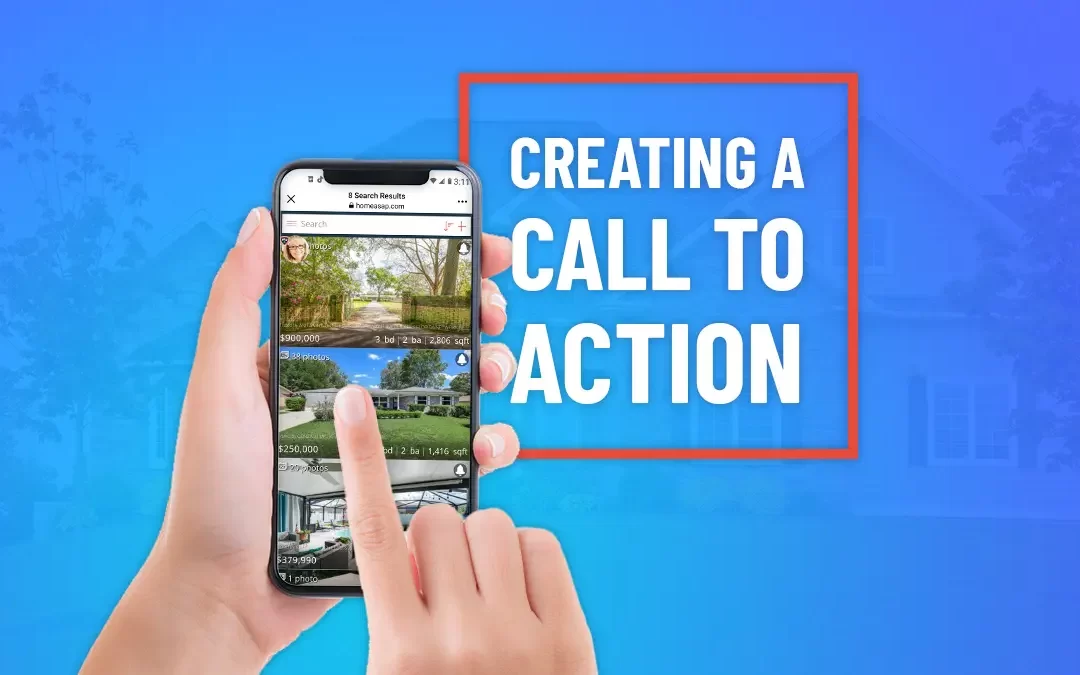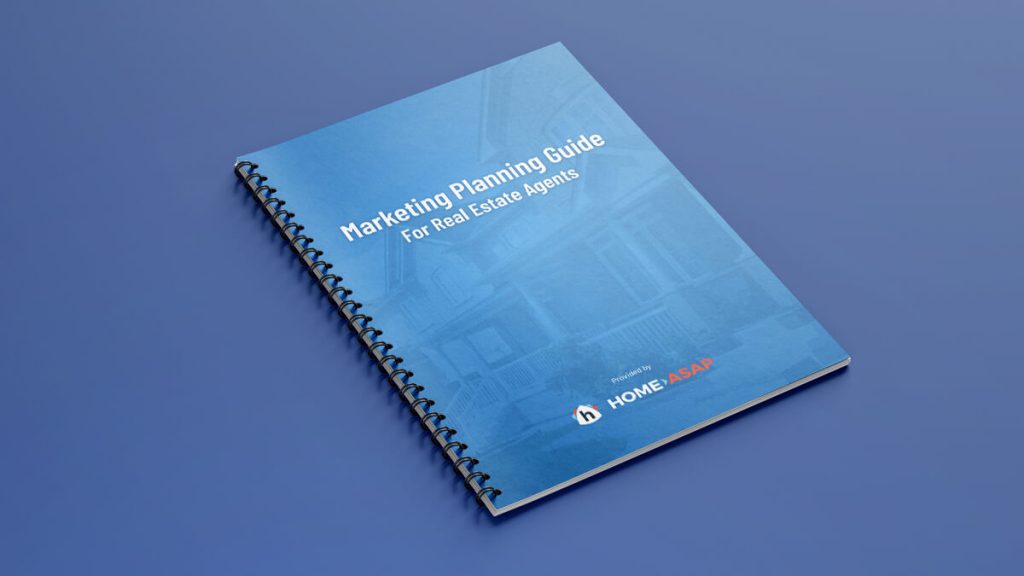Cybersecurity Tips For Your Real Estate Business
All industries are susceptible to facing cybersecurity threats, and the real estate industry is no exception. Imagine losing control of your contact information or property and financial data due to human error or a malware attack — it would be a tough situation for both your business and the trust you work hard to build with clients.
It can be devastating, trying to recover and continue operating after experiencing a cybersecurity incident. For this reason, you must follow the best cybersecurity practices to protect your real estate business and your customers.
Cybercriminals are finding innovative ways to gain access to real estate agent data and capitalize on their weaknesses, especially if they lack basic cybersecurity knowledge. How can real estate agents protect themselves from cyberattacks? Let’s explore below.
6 Cybersecurity Tips for Real Estate Agents
Real estate transactions contain plenty of sensitive information that malicious actors want to get their hands on. Financial data, Social Security numbers, driver’s license numbers, and passport numbers are examples of data that can be compromised during a cyberattack.
One survey performed by KPMG found that 30% of real estate organizations experienced a cyber incident in the last two years, and only 50% were prepared to prevent or mitigate the risk of a cyberattack.
Real estate organizations and all of their employees are all subject to having accounts opened in their name if data is stolen, leading to identity theft cases. It’s critical to protect your information, your employees’ information, and your customers’ information.
To help you protect your business, follow the cybersecurity tips listed below.
1. Back Up Data Often
It’s best to think of a data backup as “insurance” for your data. Backing up data helps keep it secure and out of the hands of those looking to exploit it. This will also ensure your data is easily recoverable if a cybersecurity attack does occur.
Consider following the commonly used 3-2-1 rule when backing up your sensitive data. This is what the 3-2-1 rule includes:
● Create one primary backup and two copies of the data.
● Save backups using two different types of media.
● Keep one backup file offsite to protect your backup.
These are the best practices for protecting your data. Many companies will follow this rule when looking to improve their cybersecurity measures.
2. Protect Devices and Networks
Your wireless network may be a vulnerable target for hackers, so it’s best to protect it and ensure it’s up to security standards. Make sure to change the original passwords the router came with out of the box, and always use WPA2 as a security setting.
Regularly update your router’s firmware and software to ensure any security issues get patched up. Your devices should also have antivirus software and regularly receive software updates. If you offer Wi-Fi to customers, consider using a guest network to access it. This can prevent hackers from entering your network and using it to access sensitive data.
3. Use Strong, Unique Passwords
This tip is a no-brainer, as anyone with a device (mostly everyone, nowadays) needs to use strong, unique passwords to protect their data. It’s becoming increasingly easy for hackers to access your account information, even if you do think your password is hard to guess.
The National Institute of Standards and Technology now recommends that passwords be 15 to 20 characters long. This creates trillions more possible combinations of characters than a standard 8-character password. As a result, computer programs used by hackers will have a much more difficult time cracking your password.
4. Beware of Suspicious Emails
While email may not be the most convenient form of communication, hackers will still use it to carry out cyberattacks. Never click on any suspicious-looking emails or links you find online, as they can leave viruses behind and compromise your sensitive information.
Malware from emails can cause computers to crash, lock users out, or allow criminals to log your keystrokes. Any email from an unknown sender should be reviewed carefully or sent to the trash on your laptop or computer.
5. Consider Cyber Insurance Coverage
The National Association of Realtors (NAR) suggests reviewing your existing insurance policy and the coverage you have and seeing if cyber insurance is something your business can afford.
For example, the NAR has a partnership with CyberPolicy, and together they’ve created a comprehensive cybersecurity insurance program to protect real estate agents and their customers. Investing in cyber insurance is wise, as it can offer you coverage if you do experience a cyberattack.
6. Have an Incident Response Plan in Place
Because no industry is entirely protected from cyberattacks, creating an incident response plan will leave you better prepared to mitigate the damage done by a cyberattack. Here are some steps to follow when building your incident response plan:
● Identify the employees who will need to respond to an attack
● Consult with your insurance provider
● Consider the legal and contractual obligations that will impact your response plan
● Clarify roles and responsibilities for each team member
● Run drills and practice the program once it’s in place
One incident response plan from Cornell can be a great place to start for agents looking to build a viable plan.
All of these tips should help you protect your real estate business and the customers you serve. No company wants to deal with the fallout of a cyberattack, so do your part to prevent them from occurring in the first place.
Cyber Security for Your Real Estate Website
Your website and social media tools are some of your most valuable marketing tools for real estate lead generation. The aforementioned guidelines will go a long way toward keeping these platforms secure and safe for everyone to use.
Taking control of your branding is a good move for both publicity and security. Real estate agents can take action to claim and optimize their Google Business Profile and social media profiles to prevent the possibility of other entities posing as your business.
For any of these tools, unique, complex passwords kept in a secure password keeper will go a long way toward preventing unwanted logins. You can also set up two-factor authentication as a secondary measure of control over these platforms.
Protect Your Real Estate Business Operations
It’s wise to keep up on current cybersecurity threats within the industry to ensure you’re using all of the resources available to protect your business. The real estate industry is no exception to experiencing cyber threats, so follow the tips above if you’re looking to enhance your current cybersecurity measures.
Plan Your Marketing Strategy
Popular Articles
House Flipping: Tips from the Experts
House flipping is a real estate investment strategy that has caught the attention of entrepreneurs and real estate enthusiasts. To succeed in house flipping, investors must find properties with hidden potential that they can transform through smart and strategic...

Virtual Home Tours on Social Media: Tips for Success
Property agents know that the key to a successful sale is often hosting an open house. Traditionally, open houses have been in-person events held at the property, and therefore subject to limited flexibility to cater to the busy combined schedules of owners, agents...

Creating Calls to Action for Real Estate
Picture this. You've finally got homebuyers' attention with an amazing Facebook post. They click the link to your Facebook business page. They're instantly impressed with the beautiful cover image and your professionalism, and yet nothing else happens. Your potential...

5 Ways To Leverage Property Data In Real Estate Marketing
Not so long ago, the bulk of decisions made within the real estate industry relied heavily on anecdotal information and gut feeling. Not surprisingly, some of these decisions didn't hit the mark and proved costly. These days, thanks to big data and advanced data...






